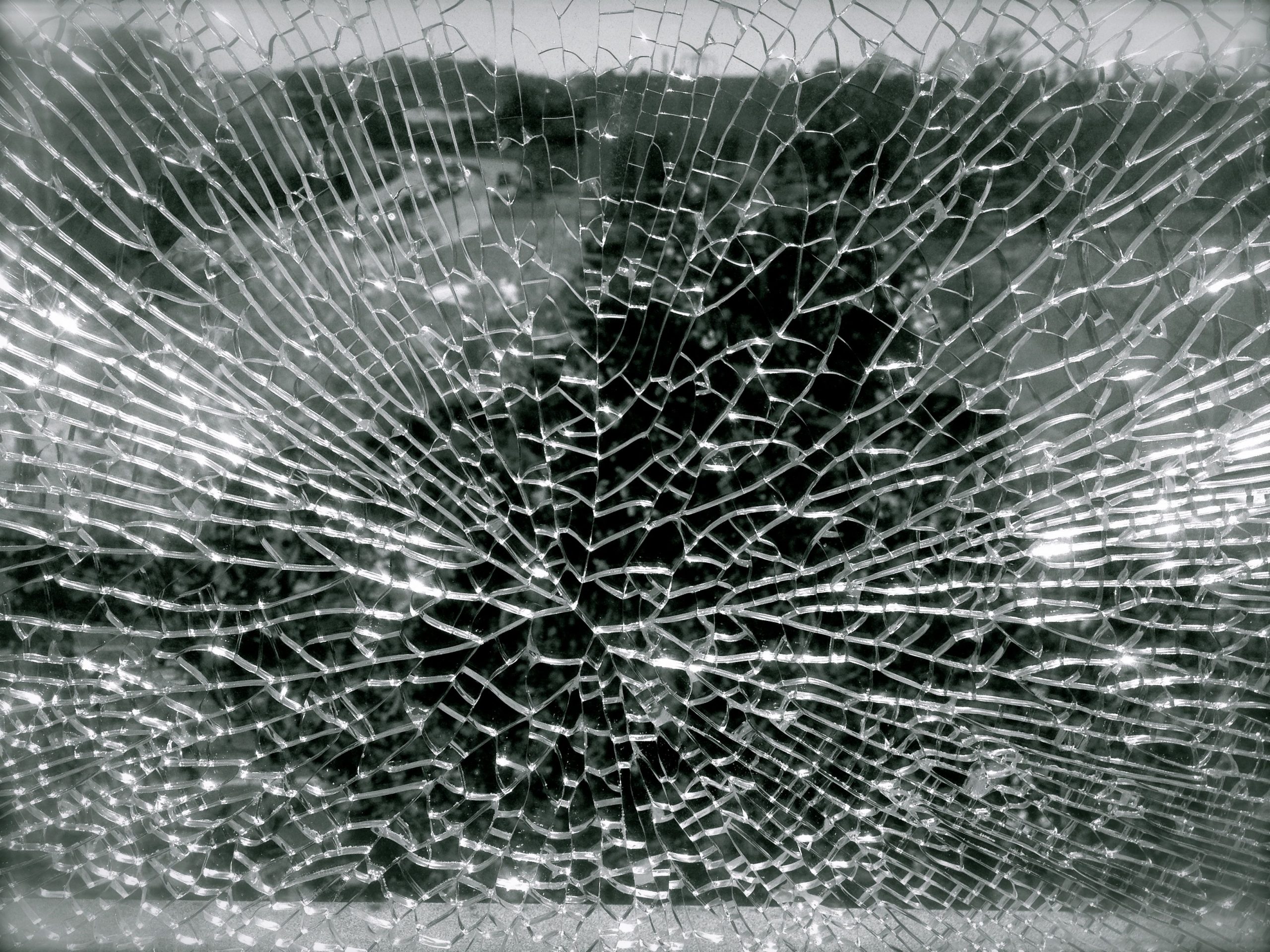
Broken window, from Flickr by Lynn Friedmann
Too soon to introduce victims’ right to restorative justice, say MPs
Restorative justice for victims of crimes should become a legal right only once the Ministry of Justice demonstrates it has the means to deliver an effective service, a report by MPs has concluded.
In a report published last week, the House of Commons’ Justice Committee concluded that ‘the goal to make restorative justice available to victims at every stage of the criminal justice system is a laudable one, but further work is need before it will be a reality. [A right to restorative justice] should be brought by a Minister only once he or she has demonstrated to Parliament that the system has sufficient capacity to provide restorative justice services to all victims. Because of the issues of capacity… it is too soon to introduce a legislative right for victims to access restorative justice services’.
Restorative justice is ‘the process that brings those harmed by crime, and those responsible for the harm, into communication, enabling everyone affected by a particular incident to play a part in repairing the harm and finding a positive way forward’. The benefits for both the victim and the offender are widely recognised, and were recognised by the Committee in the report. To the victims, it provides considerable support and the chance to face their assailant. To the offenders, it provides an opportunity to face the consequences of their actions, reducing the chances of re-offending.
The Committee also observed that, although restorative justice services should be universally available across the criminal justice system, there might be some instances where these would not appropriate, such as in cases of domestic abuse. On this issue, the report commended the use of ‘on-street’ restorative justice by police officers in cases of abuse or sexual violence, which is becoming more and more common.
Presenting evidence to the Committee, the charity Women’s Aid explained that:
Domestic abuse is a serious and violent crime with often long-lasting devastating impact on the victim. The majority of victims will experience coercive control and have their mental health impacted by the abuse. For many victims it will have been going on for many years and will have long term effects on their lives and in some cases survivors may experience Post Traumatic Stress Disorder or other related illnesses. It is for these reasons that restorative justice can be potentially harmful for victims of domestic abuse and can be another way for a perpetrator to continue their control and abuse.
The MPs concluded that restorative justice ‘has the potential to offer clear and measurable benefits to the criminal justice system and to wider society’ but much still needs to be done to ensure that the system works effectively for all those involved.
The full report can be found here.






